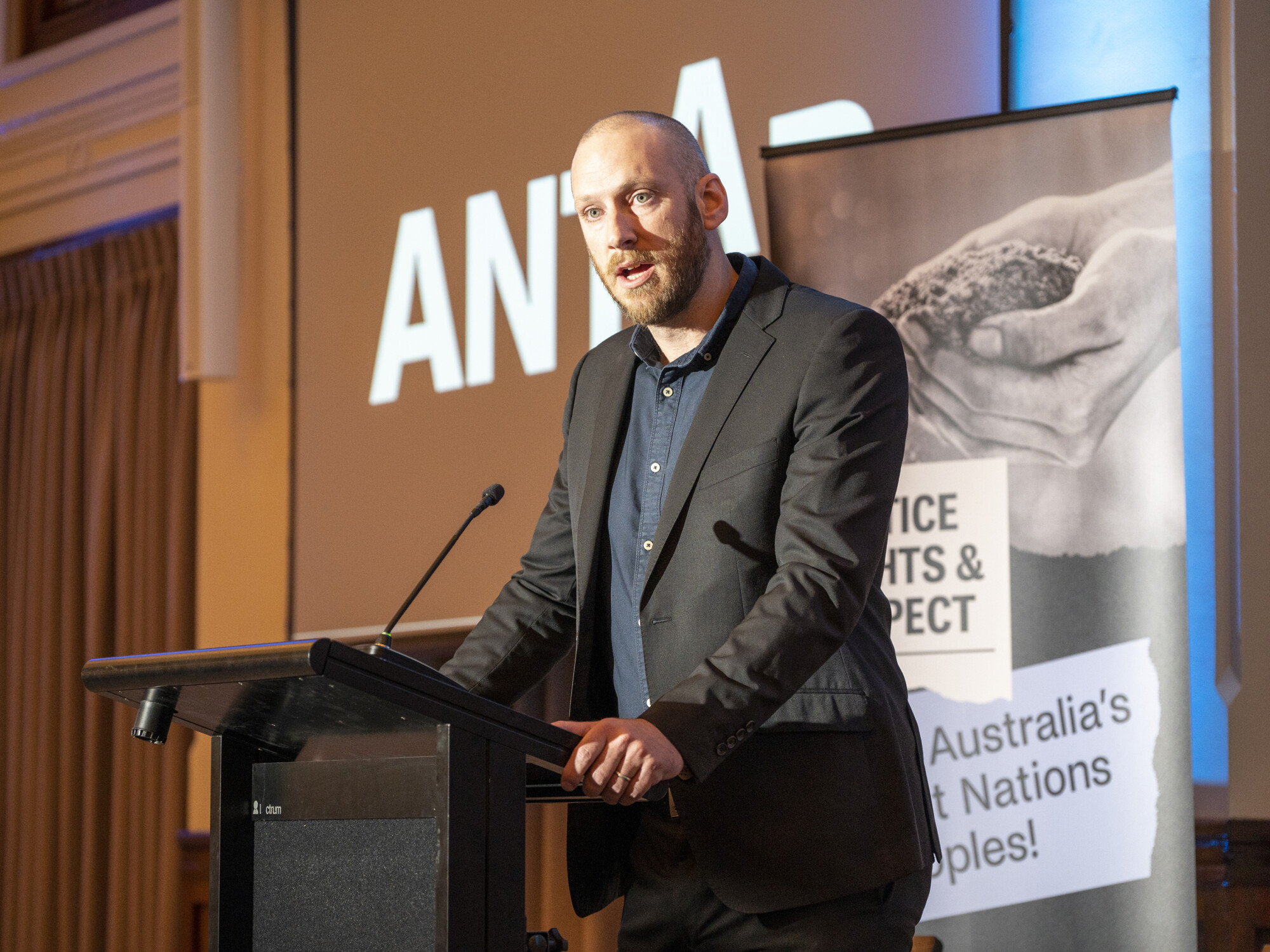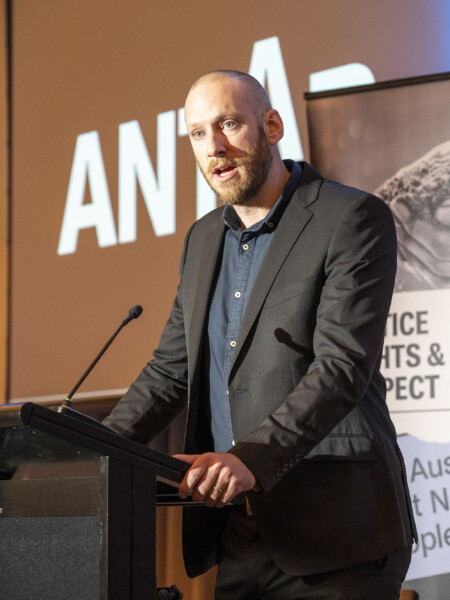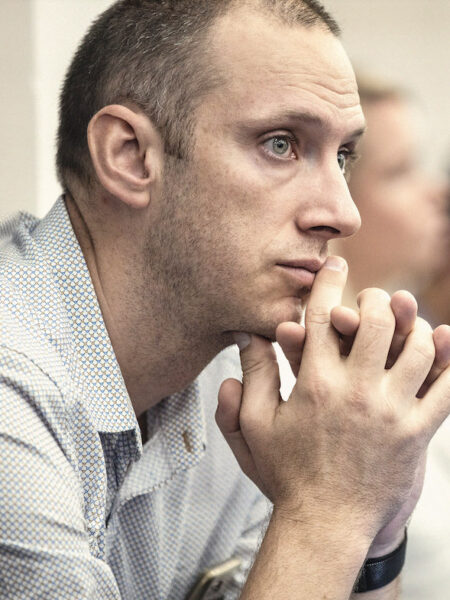And yet, by about 8pm it started to become clear that the electorate was about to deliver a very different outcome to the one we’d all expected.
For Aboriginal and Torres Strait Islander affairs, the implications are big and many.
ANTAR’s Election Scorecard outlined the policies of the Coalition, Labor, and the Greens, relating to closing the gap, addressing the appalling rates of Indigenous incarceration, and constitutional reform. There were significant policy differences between the parties of Government and on balance, the Labor party offered a considerably more comprehensive response to the issues we have been talking about for years now.
Every Australian government must place Aboriginal and Torres Strait Islander affairs at the forefront of the governing agenda.
Nonetheless, the Election was sadly never going to be about the priorities of First Nations Peoples as the usual hip-pocket economics of taxes, concessions, wages and jobs took centre stage.
Regardless of the make-up of the government, Aboriginal and Torres Strait Islander affairs should be at the forefront of the governing agenda and with the Coalition now retaining the Treasury benches of Parliament – I have a few observations I want to make…
Firstly, it is a good thing that Minister Ken Wyatt – the first Aboriginal person to be elected to the House of Representatives and the first Aboriginal person to hold a ministry – has been re-elected in his marginal seat in Western Australia.
With the retirement of former Indigenous Affairs minister, Nigel Scullion, it should now be Ken Wyatt that takes over the full Indigenous affairs portfolio. Ken has a huge amount of experience in government, and in the bureaucracies, and is universally respected across Parliament for his leadership. Should Ken be made Indigenous Affairs Minister, this would be a milestone achievement and be a real boost to the very weighty policy considerations for First Nations peoples in the next three years.
Also in Parliament will be Labor’s Senator Patrick Dodson and Senator Malarndirri McCarthy, and the first Aboriginal woman elected to the house of Reps, the Hon. Linda Burney. Senator Dodson and Linda Burney will likely continue in the shadow cabinet and have the relationship with Ken Wyatt to bridge the divide of Parliament – they all need our support.
Treaty and Constitutional reform remain front and centre as the priorities for policy.
The existing momentum in the States around Treaty negotiations, particularly in Victoria and the Northern Territory, will ensure that a Makarrata Commission with responsibility for agreement making will continue to be part of the conversation. It is likely that more states and territories will be announcing treaty processes for their jurisdictions in the coming months and Treaty can be the launching pad for reform across broad areas – housing, native title, health, reconciliation and truth-telling. Ultimately, the growing movement along treaty negotiations in the states will add impetus to the Federal Parliament finally doing something on Constitutional Reform.
Remember that the Coalition has already budgeted nearly $8 million to fund a process to consider options for the ‘Voice’. As Stephen Fitzpatrick pointed out in The Monthly’s May edition, there is still $160 million budgeted for a referendum on constitutional recognition that will be needed someday… sooner rather than later we hope.
The areas of health, housing, education, employment, suicide prevention, incarceration rates, and community development are all tied up with the negotiation of the next Closing the Gap Strategy and the good news here is that the Coalition Government have already agreed to entering into a partnered negotiation with the Aboriginal and Torres Strait Islander peak organisations.
While ANTaR is fiercely independent and non-partisan, I was hoping for a shakeup to occur on Saturday night that would give our nation a big kick in the right direction when it comes to Aboriginal and Torres Strait Islander affairs.
Since ANTaR formed in the late 1990s to protest the watering down of the hard won Native Title legislation, we have seen ATSIC shutdown, the Intervention, and the need (again) for a Royal Commission into how we treat First Nations kids in juvenile detention. We were born out of adversity and the need to stand up for, alongside, and with, the First Peoples of this ancient continent.
Over these last two decades we have also witnessed the Apology, the Uluru Statement from the Heart, and the rise of a new generation of Aboriginal and Torres Strait Islander people that are leading their communities towards a much better place.
Governments come and go. Our very brief three-year election cycles have more recently proved too long for most of our ‘revolving door’ Prime Ministers, but we have still made progress despite the obstacles and resistance.
The next three years of the Australian Parliament will offer some all too familiar challenges to a truly reconciled Australia. A nation that is at peace with its past and able to more fully embrace a shared (and equitable) future is still a ways off but I think, ultimately inevitable.
As I said, ANTaR was created to face these challenges and to stand up for the vision of Reconciliation in Australia. In the next three years, our advocacy will be as important as ever and we will work with any and all politicians, policy-makers, and leaders to bring that better future much nearer.
Stay tuned.




